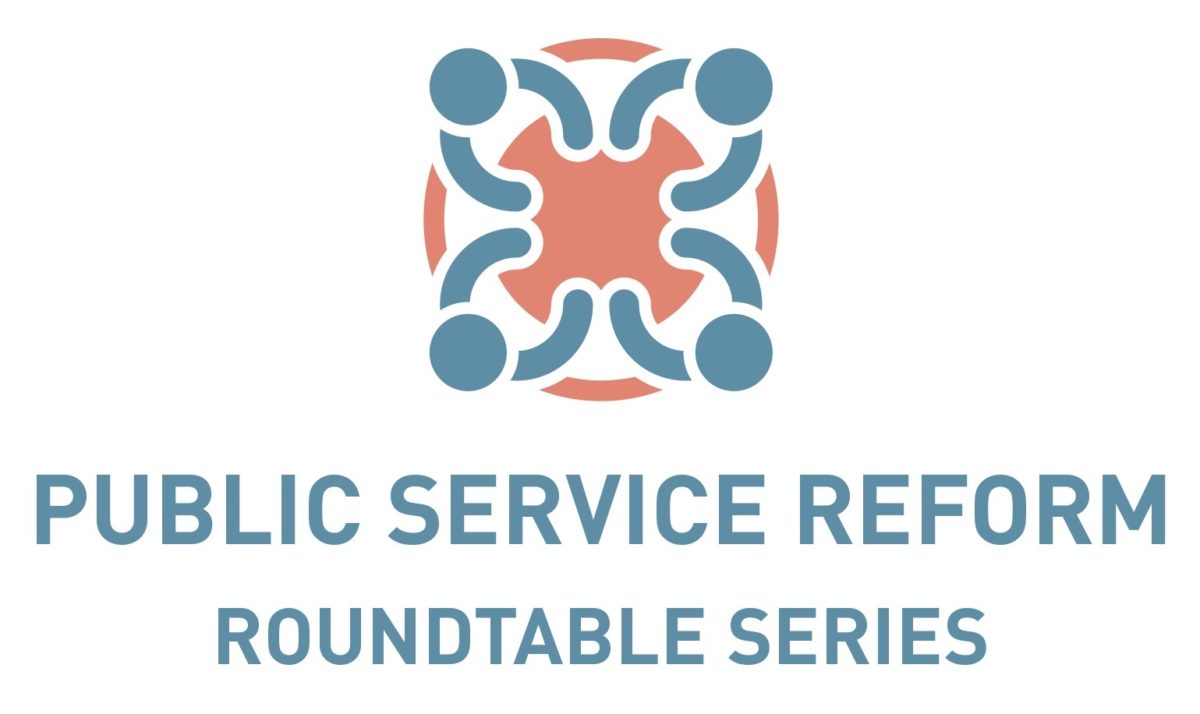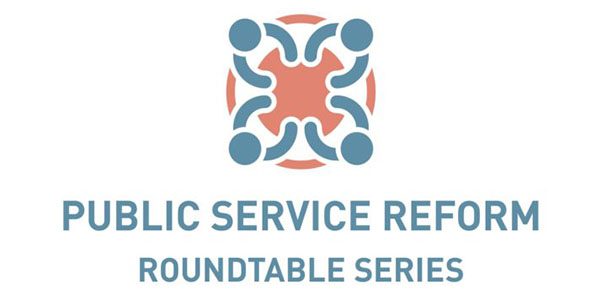
More than 20 years into democracy, South Africa finds itself having to rethink state transformation. As much as significant steps were taken immediately after 1994 to reconstitute the state and its machinery against a background of a racialised, and disjointed public service subject to a ‘sunset’ clause, state transformation is an unfinished business of the liberation.
The state sits at the core of economic development, social transformation and service delivery. In a country like South Africa, characterised by vast inequalities, high levels of unemployment and poverty, the state remains pivotal to enable and provide basic services in line with its constitutional mandate. Yet, recent events have brought to the fore the pitfalls that allowing the executive to run impeded and unchecked can bring. These events exposed the subversion of the state machinery for the pursuit of personal interests rather than societal transformation.
Disturbing revelations of ‘state capture’ have thus brought to the surface the need to re-prioritise state transformation and address a number of issues that this entails, such as: the relationship between party and state and political deployments, the electoral system based on party lists and the challenges it poses for accountability of elected leaders, the role of political parties in influencing the state’s agenda, the weaknesses of political parties and the ability of civil society to hold the state in constant check of its delivery mandate. South Africa is characterised by an electoral system that is political-party driven and therefore political parties are pivotal players in state transformation.
Transforming the ‘state’, however, should not be limited to a focus on the executive as a key site of decision-making power. It must also encompass the public service – the bureaucracy that interfaces with the public and gives meaning to the notion of a responsive state as it assists, at an operational level, to deliver services to the most vulnerable sectors of society.
In the build up to an international conference, PARI leads a series of in-depth consultations on key issues on state transformation. The aim is to go into the conference with a rough footprint of government and civil society initiatives on institutional reform and ideas on how to prevent state capture from reoccurring. These consultations will begin on 10 April 2018 with #200Days.
#200Days
10 April 2018
Keynote Speaker: Adv. R.K. Sizani, Chairperson of the Public Service Commission
Through the Lens of Life Esidimeni
8 May 2018
Keynote Speaker: Mark Heywood, Executive Director, SECTION27
Public Procurement
12 June 2018
Keynote Speaker: Kenneth Brown, former Chief Procurement Officer, National Treasury
Improving HR and Recruitment
09 July 2018
Keynote Speaker: Minister Ayanda Dlodlo, Public Services and Administration
Creating Sustainable SOEs
25 July 2018
14h00
Cape Town
Keynote Speakers: Catrina Godinho and Lauren Hermanus, Management Programme in Infrastructure Reform and Regulation, Graduate Business School, University of Cape Town
Discussant: #Unite Behind
Considering recommendations for strengthening and reforming state-owned companies.


